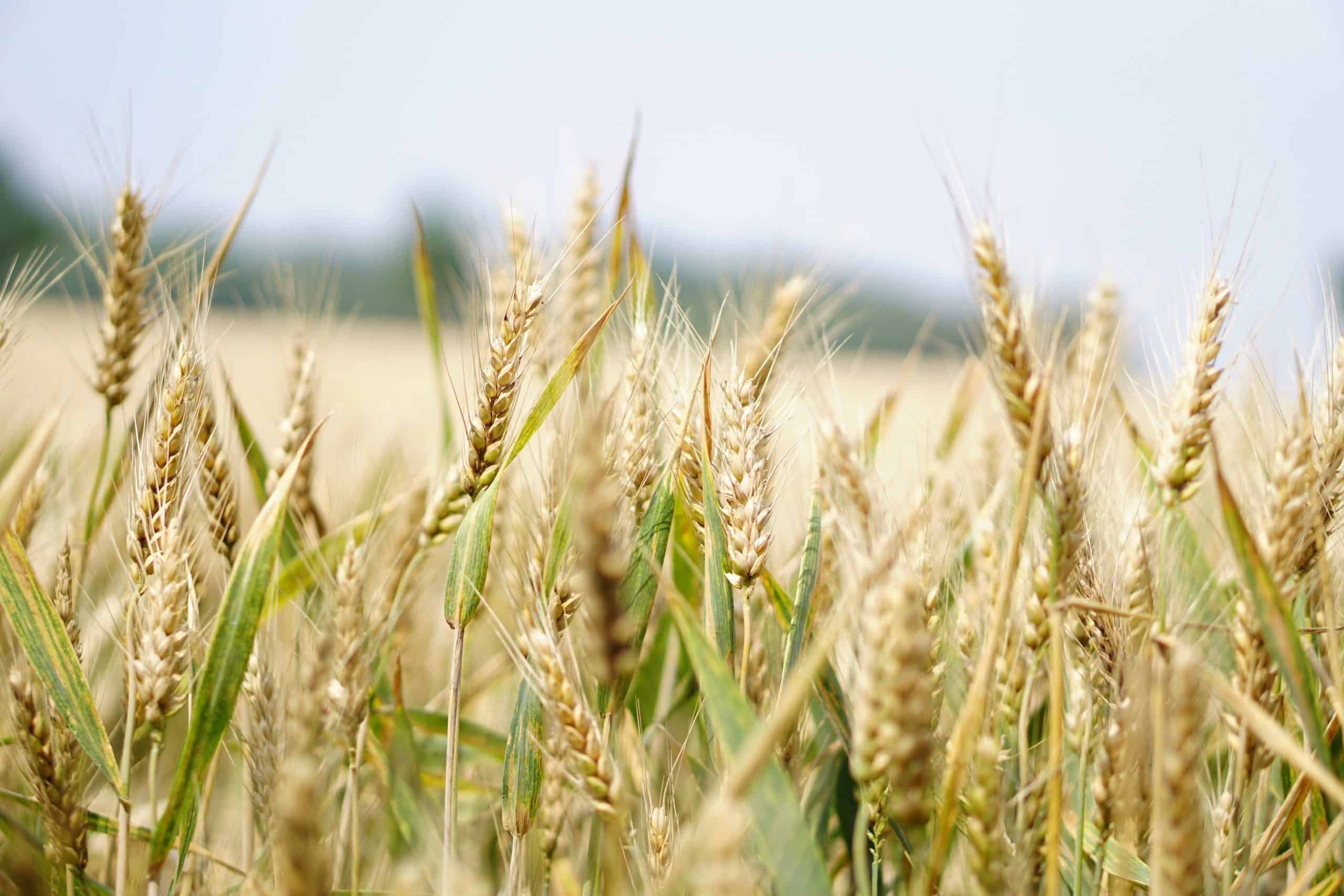The Parable of the Weeds and the Wheat

Want to know more about the Parable of the Weeds and the Wheat? How do you feel when you invest into someone’s business or support them to plant a very beautiful garden with your hard earned sweat (costing you a lot of time, energy and money) only for you to realize the garden has been left unkept because the garden owner was lazy or complacent towards maintaining the garden?
To answer this question I wouldn’t feel good about it. Speaking from my experience as a homemaker I like a well arranged and organized space so I cringe whenever I lay my bed or organize my house and it has not been maintained, I sometimes get overwhelmed and think of the effort/time invested.
Well Jesus did the same for us all when he died for our sins, he paid a costly price to save us from destruction. Accepting the saving grace of our Lord Jesus Christ means we have the duty to ensure the garden of our heart is maintained.
Proverbs 4:23 the bible tells us “Keep thy heart with all diligence; for out of it are the issues of life” (KJV), some version will say “Guard your heart”.
We will be looking at a very timely and thought-provoking parable today: The parable of the weeds and wheat (Matthew 13:24-30). This parable reminds us of the hope we have in Christ Jesus which is an absolute joy and a reminder that there is a place where eternity will be spent, Jesus has gone to prepare a place for us (John 14:3). It is a call for self examination to make sure the garden of our hearts has not been polluted.
What is the Parable of the Weeds and Wheat?
Those who have been privilege to see a farm plantation should be familiar with what a wheat and a weed is but for clarity sake the dictionary defines a wheat as a cereal grain that yields a fine white flour used chiefly in breads, baked goods (such as cakes and crackers), and pastas (such as macaroni or spaghetti), and is important in animal feeds. In simple terms Wheat is a cereal crop grown for food.
The weed on the other hand is a wild plant growing where it is not wanted and it is in competition with the cultivated plants.
Our Lord Jesus Christ spoke a lot in parables which depicts so much wisdom and with the help of the Holy Spirit we are able to get understanding whenever we seek him earnestly.
The wheat in the context of the parable represent the good perfect seed that was sown by our Lord Jesus. The good seeds are the genuine children of God who are unapologetically representing Christ in this perverse world. The good seeds knows the truth, stands for the truth and are kingdom focused (Matthew 6:33).
The weed on the other hand represents those the enemy uses, they are recruited by the devil and planted among the good soil (Children of God). The weeds are deceptive because they resemble the real seed. The weeds have a mission and have been strategically placed among God’s people to cause chaos, disruptions and discord.
We need to be really discerning in these last days to identify the good and the fake, the weeds are wolves in sheep clothing’s. We cannot serve God and Mammon.
The devil employs people (weeds) and places them among the good seeds (wheat) to divert their focus from what matters the most, it is called “Distractions”
It’s time to rise up kingdom brothers and sister, awake and be revived! The bible says by their fruits you shall know them.
What are Tares?
The tares produces some seed which makes them look like grains. These set of people have a form of godliness but denies the power thereof. Their seeds are not healthy for consumption. It is important for us to filter and also be sensitive to those we listen to. They act like they know God but in actual sense if we look deeper they are vision less and are time wasters.
Characteristics of the Weeds and Tares
- They engage in service for wrong motive
- They are self-righteous (Modern day Pharisees)
- They are good at criticizing and causing discords
- Their actions and character doesn’t align with the fruit of the Holy Spirit
- They believe false doctrines and misquote bible verses
- They are controlling and full of pride
- They are full of deceit and hypocrisy
The wheats are a complete opposite of the weeds and tare. They exhibit the fruits of the Holy Spirit and only their seeds are healthy for consumption. When you sit under their teachings or mentoring, you are well nourished and seasoned.
Parable of the Weeds Meaning
Matthew 7:20-23 The devil has 3 missions (To steal, kill and destroy) and he has recruited agents to help him on this assignment. He is in contention with the children of God that was why he sowed tares and weeds among the good soil.
The weeds and tares are everywhere (Churches, fellowships, places of work, online and in our various communities) we need to be vigilant and also know that Jesus is coming back again and upon his return everyone will be brought to the threshing floor where the wheat will be separated from the weeds and tares.
Christ has given everyone the freewill to choose but there are two destinations. The Kingdom of heaven where there are pleasures forever more is where the wheats (Good seed) will spend eternity while Hell where there will be weeping and gnashing of teeth is where the weeds and tares will be thrown to spend eternity.
What Can We Learn From the Parable of the Weeds?
As Children of God, don’t be distracted by the weeds and tares, remain steadfast till the end. There is a reward for everyone (Wheat, weeds and tares). We need to be discerning and be sensitive to the leading of the Holy Spirit.
Guard your heart with all diligence, don’t allow yourself to be used by the enemy. Pray without ceasing, study the word of God and be surrounded by kingdom minded individuals.
Additional Articles You May Like






